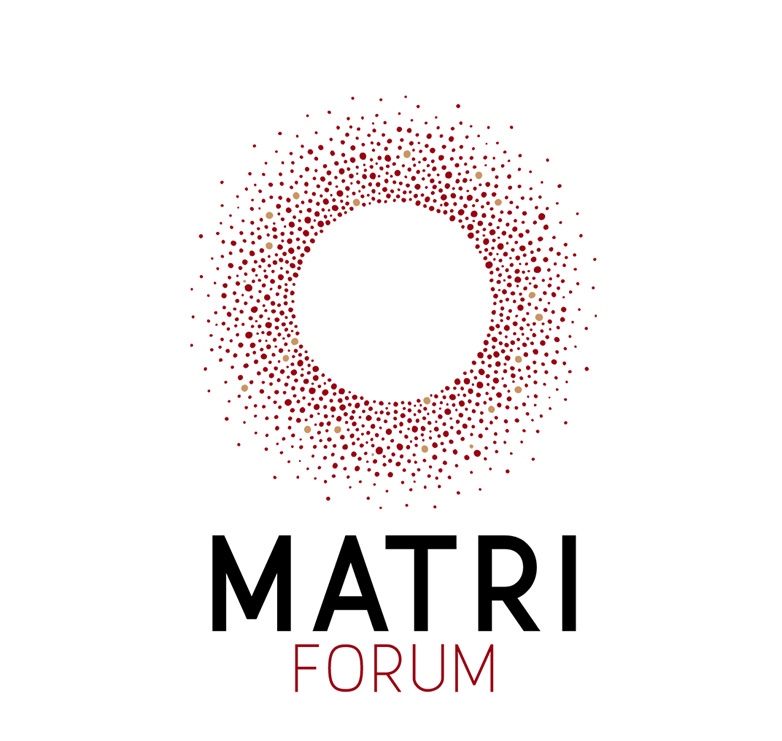Every 2nd marriage ends in divorce Every 3rd woman experiences violence in her partnerships Every 5th child sees their parents separate Every 3rd single mother is affected by poverty. EU statistics show that our relationship and family models are changing. The institution of Marriage till death do us part is crumbling at every turn. But did marriage ever work and, if so, for whom?The classic model of the nuclear family, based on marriage, is still supported both politically and socially to this day. It's glorified in books and films and sold to us as the only possible type of relationship. Many decide to get married and then see their romanticised ideal shattered by the challenges of everyday life. The partnership between husband and wife is supposed to meet all their sexual, financial, emotional, educational and care needs but it merely ends up placing too many demands on everyone involved. Women in particular are often caught up in conflicting priorities in terms of their security, economic dependence and excessive demands. More often than not, children are strongly affected by their parents separating. While the disproportionate burden of divorce tends to be temporary for men, for women it often has chronic consequences and increases the risk of poverty. We urgently need to examine the institution of marriage in detail and scrutinise it unflinchingly!Together with international speakers, we'll explore the following critical questions:
In the morning, three speakers will address this topic:
The afternoon will be organised as an Open Space in which everyone is invited to get involved with their own views and suggestions and to share their thoughts on the topic of marriage, relationships and ways of living together in various discussions and workshops. Let's work together to find ideas and approaches that can create loving, supportive relationships!At the end of the day, it's time to unwind but we'll continue creating a world of happy relationships over a sundowner, living the #MATRIFUTURE together. Our goal is to rethink the world of tomorrow together and take the first few steps in this direction. All speeches will be given in German! There will be no translation in English! |

IN LOVE. ENGAGED … IN DESPAIR
Between the dream and trauma of marriage - The history of an illusion and its alternatives
Date:
Oct 15, 2022
Location:
Galerie
| Time | Duration | Lecture | Lecturer | more Info |
|---|---|---|---|---|
| 9:50 AM | Alexandra Schwarz-Schilling | more Infos | ||
| 10:30 AM | Why is the nuclear family failing? | Dr. Mariam Irene Tazi-Preve | more Infos | |
| 11:30 AM | Beyond "Traum" (Dream) and "Trauma" - Love and Marriage in Matriarchal Societies | Dr. Heide Göttner-Abendroth | more Infos | |
| 12:10 PM | Video of talk | Dr. Mina Elfira | more Infos | |
| 1:30 PM | Open Space - discussion on an equal footing | All of us: speakers, participants, organisers | more Infos |

